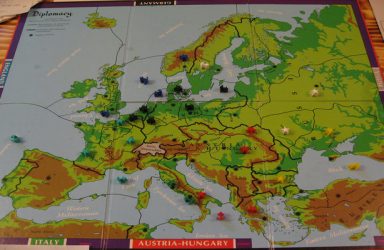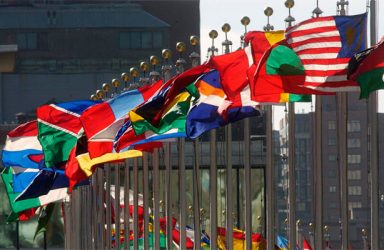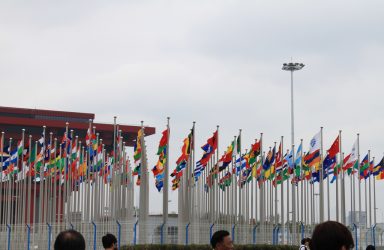China’s Telecommunications Boom in Africa: Causes and Consequences
Africa is experiencing a mobile revolution. Chinese telecommunication companies are playing a significant role in this.
The Powers and Competences of the European Parliament under the Treaty of Lisbon
While the Parliament’s powers have increased considerably since 2007, the Lisbon Treaty’s aim to eradicate the democratic deficit in the European Union has not been met.
Does Successful Diplomacy Rely on ‘Ripe Moments’?
Challenging the academic consensus, the discussion and application of ripeness theory to concrete cases demonstrates the deficiency of notions of ‘ripe moments’.
Private Military Companies: An Efficient Way of Meeting the Demand for Security?
Despite the criticism and contested opinions on PMCs, particular examples have proven that they are an efficient way of meeting the demand for security.
The State of the Art of the English School
The English School has resisted well to criticism and calls for closure over the years, refining some of its under-specified aspects without losing its central identity
Four Religions of Foreign Policy
There are many healthy debates on religion and foreign policy, but there is still more to say about the nuances of religion at play in the international sphere.
The Iraq Invasion: the Neoconservative Perspective
With the Bush doctrine, neoconservatives sought to maintain American unipolar power, believing in the exceptionalism of the US and their benign role as global hegemon.
The Shanghai Cooperation Organization: An Historical Perspective
The Shanghai Cooperation Organization marks a shift in Russia’s politics and changes the role of China in the region, as it seeks to play a leading role in the world.
Was George W. Bush’s Foreign Policy Agenda Unprecedented in US history?
The Bush Administration’s national security doctrine after the September 11 attacks represents continuity with previous US foreign policy
Shifting Territorial Orders and Religion
All ingredients for a religious revival are present in the current era: the experience of imperial threat and a change in the spatial configuration of authority.













